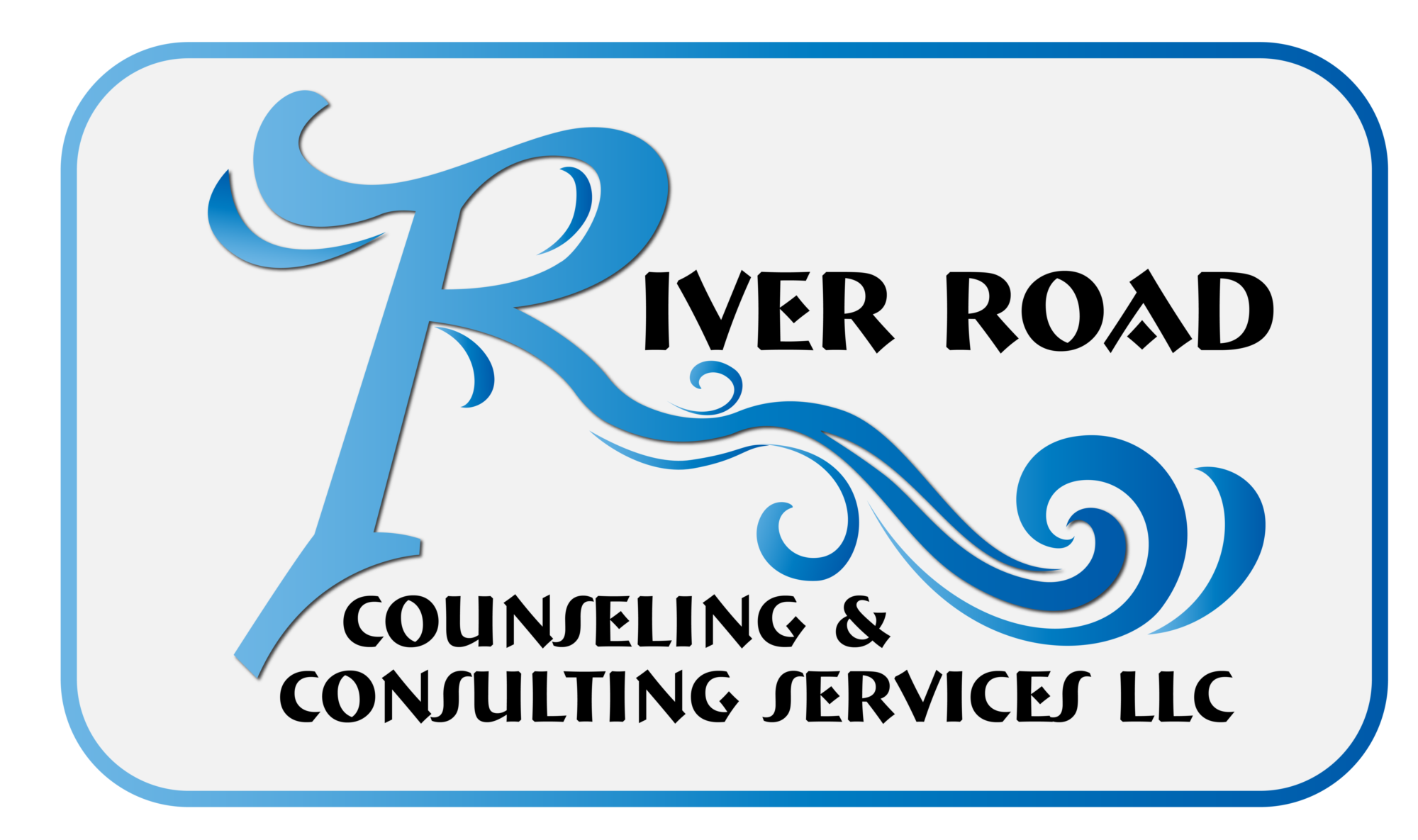Cognitive Behavioral Therapy (CBT) is a treatment approach that helps clients understand the thoughts, feelings, and beliefs that influence their behaviors. CBT programs assist clients in identifying and changing destructive or harmful thought patterns that negatively impact behavior and emotions. This approach can be particularly beneficial for individuals with substance use disorders, as it helps them recognize automatic negative thoughts or cognitive distortions that may be fueling their addiction.
CBT is highly goal-oriented and focused, involving collaboration between the client and counselor to establish and work toward mutually agreed-upon goals. It is often well-suited for clients who prefer a structured and focused treatment approach.
The following programs are available to support addiction services and can be integrated into counseling services at River Road CCS to encourage positive outcomes. Some programs are facilitated in a group setting, while others are conducted individually with a counselor (based on client preference). Prices vary depending on the program and format.
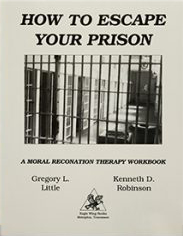
Moral Reconation Therapy (MRT) is a program recognized by SAMHSA's National Registry of Evidence-Based Programs and Practices (NREPP) and is designed to support individuals with substance use disorders and those involved in the justice system. MRT is widely used in various settings, including corrections, probation, parole, community programs, diversion initiatives, private treatment, welfare-to-work programs, and educational environments.
- The program consists of 16 steps, with the first 12 steps typically completed in 25-30 sessions. The remaining steps are optional. The timeline may vary as participants work at their own pace.
-
Before each session, participants complete homework to prepare for class. During the session, they have the opportunity to present their work, and the facilitator provides feedback. Based on established criteria, the facilitator either approves the participant's progress to the next step or requests revisions to enhance understanding.
MRT groups are open-ended, meaning new participants can join at any time. Each session will include individuals at different stages of the program, creating a dynamic and supportive environment.
Discovering Life and Liberty in the Pursuit of Happiness is an educational adaptation of basic MRT and designed to be used with those who do not have the high levels of criminogenic thinking typically correlated with standard MRT. This version of MRT is used in numerous educational settings, (community colleges and high schools), residential programs. welfare-to-work programs, churches and in settings focusing on helping individuals set goals, work on relationships, and become more focused. Like standard MRT, the program has 16 Steps with 12 of these typically completed in approximately 25-30 sessions, depending upon the characteristics of the participants (who work at their own pace). MRT groups are open-ended meaning that new clients can enter an ongoing group at any time. The program is facilitated in the same manner as standard MRT.
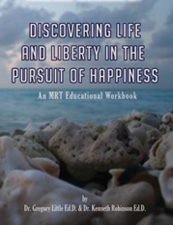
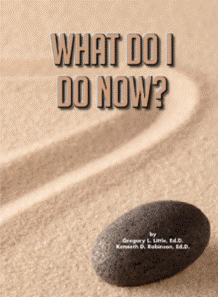
What Do I Do Now is a 12-week workbook based program targeting opiate-focused drug courts, patients receiving assisted medication treatment and offenders in treatment for opiate-related issues. Clients will complete homework prior to the session and bring it to counseling sessions to be discussed.
Something for Nothing is directly targeted to shoplifters who are placed on probation, diversion programs, or ordered to undergo a shoplifting treatment program. It is facilitated with a 17-page client workbook designed to be utilized in 8 group hours. The group meetings can be held weekly, in an open ended format, for parole/probation settings or completed over a weekend, depending on the needs of the program. This program directly confronts and exposes the thinking and behaviors underlying shoplifting.

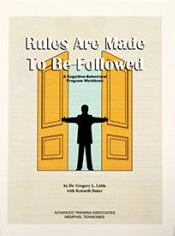
Rules are Made to Be Followed is directly targeted to underage drinkers who are placed on probation, diversion programs, or ordered to undergo a brief program. It is facilitated with a 16-page client workbook designed to be utilized in 8 group hours or 4 group sessions,depending on the needs of the program. The group meetings can be held weekly for diversion/probation settings or the program can be completed over a weekend. This program directly confronts the problem of underage drinking and fake IDs.
Filling the Inner Void is an MRT program that was adapted for private practice. MRT is approved by SAMHSA for mental health treatment, substance abuse treatment, and co-occurring disorder; it is an NREPP evidence-based program. The program is designed to foster moral development in treatment-resistant clients through education, individual counseling, and structured exercises. MRT addresses beliefs and reasoning. It is designed to alter how clients think and make judgments about what is right and wrong. Filling the Inner Void also includes ideas about understanding why many people accumulate so many material objects.The MRT substance abuse program consists of 16 steps. Twelve steps are considered completion, while the last four are optional. Clients will be guided through the program with a counselor. You will complete homework prior to the session and will be either passed to the next module or asked to continue working on the homework based on objective criteria. Completion of the program typically takes 20 - 36 sessions, depending on the motivation of the client.
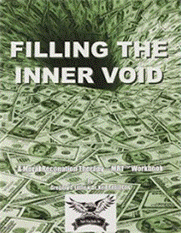

Untangling Relationships is a program that targets co-dependency issues. It is appropriate for those with substance abuse disorders, mental health challenges, and/or basic relationship challenges. A workbook is used to guide you through twelve modules with your counselor. You will complete homework prior to the session and will be either passed to the next module or asked to continue working on the homework based on objective criteria.
Where Do I Go Now is considered pre treatment for alcohol and drug disorders. It is a 3-month, 12-chapter program workbook for clients participating in alcohol and drug pretreatment programs in settings such as drug & specialty courts, pre trial diversion,/intervention, community corrections, or probation but can be adapted for anyone who wants to learn more about recovery. The workbook focuses on two major goals: Assisting clients to successfully engage in the pre treatment process and to encourage continued engagement in more formal treatment.
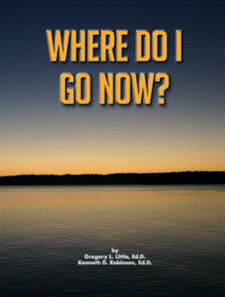
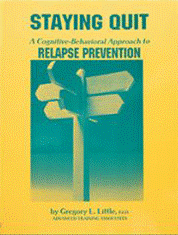
Staying Quit is a relapse prevention program that may help you understand which situations and people can trigger a relapse. A workbook will be used to guide you through eight modules. You will complete homework prior to the session and will be either passed to the next module or asked to continue working on the homework based on objective criteria. Used in conjunction with Individual Counseling and a customized Relapse Prevention Plan, this program can be very effective for those committed to recovery.
Your LifeWork is an adaptation of MRT that focuses on finding one’s life purpose, establishing principles, and living life as being on a personal mission. This unique program guides individuals in an evaluation of their personality, habits, beliefs, and attitudes and compares these to what they believe is their true purpose and mission. This program can be used by anyone who wants or needs clarification of his or her path in life or someone who needs to be reenergized in her or her work life. Some people need to commit to a job or move on. Some people justify their poor work behavior by blaming an organization. Some employees may need assistance in altering their attitudes and behavior to be successful. Most people will benefit from revisiting simple and basic concepts of what the majority of people view as right and wrong. It is facilitated with a 70 page client workbook designed to be utilized in 8 open ended group sessions.The group meetings can be held weekly for diversion/probation settings or the program can be completed over a weekend, depending on the needs of the program.
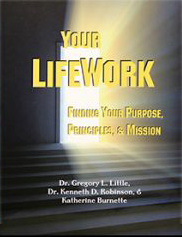
*Please contact River Road Counseling and Consultation for more information about pricing regarding the programs discussed. Some programs can be taught privately with the client and counselor, while others must be held in a small group setting, which can impact the price of the sessions.
